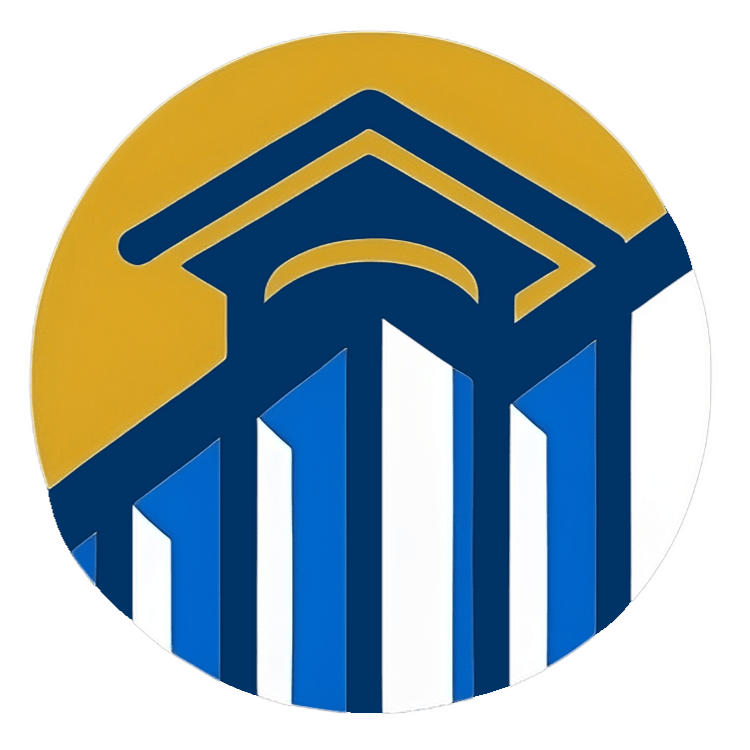As we look back on 2022, we see a very difficult year for stock, bond, and cryptocurrency markets. Despite brutal losses in these asset classes, others like real estate and fine wine performed well. This is part of the reason that interest in alternative investments continues to grow.
If diversification is a part of your 2023 investment goals, we have a set of platforms you can use to get started listed down below.
As always, this article is for informational purposes only – it’s not financial, tax, or legal advice. It is also, partially, for fun. There are many asset classes and platforms out there. You could easily make different picks than what we have listed.
The Foundational Three
To get us started on our alternative investment journey, we have picked three platforms across asset classes. The asset classes provide a mix of appreciation and yield. The platforms all offer relatively low investment minimums and acceptably accessible user interfaces.
Fundrise
Fundrise is one of the oldest real estate crowdfunding platforms, having gotten its start all the way back in 2010. Investors make contributions to their accounts on the platform. Those platforms are used to purchase shares of real estate funds with different investment goals and risk levels.
Why we like it
- Fundrise provides investors exposure to real estate.
- Real estate is a very well-established asset class that provides a potential mix of appreciation and yield.
- The real estate funds available on the platform allow investors’ contributions to be diversified across a wide-range of properties across the U.S. Sunbelt.
- Fundrise has a very low minimum investment of just $10.
- The platform also supports automatic recurring contributions and automatic reinvestment of dividend proceeds.
- Lastly, there is a very competent app and website that provides a simple and accessible passive investing experience.
Any of our readers that sign up using our Fundrise referral link can get a $50 bonus head-start on building their portfolio.
Groundfloor
Groundfloor is another older (2013) crowdfunding investment portal with ties to real estate. While Fundrise will mostly use investor funds to purchase real estate assets, Groundfloor is different. They provide loans to real estate entrepreneurs and allow investors to purchase shares of those loans.
So, while the loans are secured by the underlying real estate asset, the investment is a debt and financing focused one. The loans yield 7.5-15% annually, based on risk level. With spreading investments out over many different loans and some patience, this can slowly grow into a source of consistent returns.
Why we like it
- Groundfloor allows you to be the bank.
- Your funds support real estate projects in exchange for a healthy yield.
- If there are issues with loans being repaid, the underlying property can be foreclosed on to protect investor principal
- There are a huge number of loans across different risk levels. This gives investors choice and many options for diversification.
- There is a very low minimum investment of just $10.
- The platform also supports recurring contributions and automatic investing.
- Over time, as the loan portfolio builds up, repayments will occur with increasing frequency. While the money can very quickly be put back to work, it also provides periodic liquidity.
Our readers can sign up using the following Groundfloor referral code to help jumpstart their portfolios. After investing $100, investors will receive a $50 bonus if they register before the end of 2022 and a $10 bonus after that.
Vint
Vint is, by far, the newest platform on this list having been founded in mid 2019. Vint specializes in fractional, SEC-qualified investments into fine wine and spirits. Periodically, new “collections” launch for investment on the platform. These collections contain multiple bottles of wine, whiskey, or other spirits. Investors can purchase a share of the collection and passively invest in this appreciation-focused asset class.
Why we like it
- Fine wine and spirits are an appreciation-focused asset class that takes advantage of the power of scarcity and time to produce returns.
- As an asset class, it also has a very long history. Over that history, wine and spirits have not had a strong correlation with other risk assets like stocks.
- The ability to have uncorrelated returns to the stock market is a strong part of the appeal of the asset class. When everything else is crashing, it’s always helpful to have part of the portfolio that can generate positive returns.
- Vint does not charge monthly asset management fees.
- Collections have different minimum investments, but these have generally been accessible ranging from $30-$100 per share.
- Finally, Vint’s collections provide a fully passive investing experience in wine and spirits. No need to rent and insure a wine cellar here.
Two More To Round Things Out
The three platforms above provide access to real estate, debt/financing, and wine/spirit investments at low minimum investments. Everything is completely passive and, together, the three platforms provide a mix of yield and appreciation.
That’s a great start for diversifying out of the cyclical booms and busts of the stock market. What if we wanted to take things even further? What else would we recommend for building a portfolio filled with alternative asset classes? Here’s two more for more advanced investors.
SongVest
SongVest is a newer music royalty investing platform from the founder of the more-established Royalty Exchange marketplace. In addition to full asset auctions, they have a unique offering structure called SongShares. SongShares are the only SEC-qualified offerings that allow factional investing into music royalty streams.
Why we like it
- As we covered in our overview of the music royalty asset class, these investments can yield consistent passive income for decades.
- Investments with consistent performance can minimize the impact of severe bear market drawdowns in asset classes like stocks. This is why investors have long been interested in balancing a stock portfolio with bond investments.
- For those willing to be patient and work through a more complex investment process, the SEC qualification provides additional disclosures and confidence.
- Investment minimums are accessible for SongShare offerings, typically ranging from $100-$250 per share.
The investing process on SongVest is a bit more complicated than on our other platforms. Thankfully, we have a full SongVest overview for anyone that is interested in learning more.
AcreTrader
AcreTrader was founded in 2018 as a crowdfunding investment platform focused on farmland investments. They use a similar investment structure to Vint and other crowdfunding platforms – the underlying asset is owned by an LLC and investors purchase shares of the LLC.
Part of the investment thesis behind farmland is supply and demand. More people need more food, but cities and other construction are generally decreasing the available supply of farmland.
AcreTrader is the least accessible platform on this platform, requiring investors to be accredited. This is why we’ve saved it for last on our list.
Why we like it
- Farmland is a hybrid asset like real estate that offers potential for both yield and appreciation.
- Historically, farmland has provided lower volatility returns that are uncorrelated to other risk assets like the stock market.
- Having uncorrelated assets in a portfolio helps to avoid situations where the entire portfolio experiences a severe draw-down during economic recessions and bear markets for stocks.
- AcreTrader has very high minimum investments thresholds compared to other platforms on this list. However, it is the only platform we know of that provides farmland investment opportunities around $10,000.
- The platform also features strong deal flow with opportunities across the US and even internationally as well.
- Finally, AcreTrader provides a clean user interface and simple investment process.
To support an ad-free experience, we may earn a commission from links on this page.

